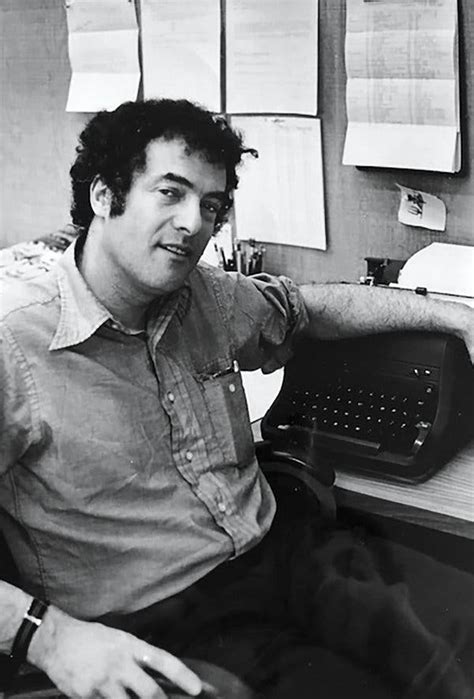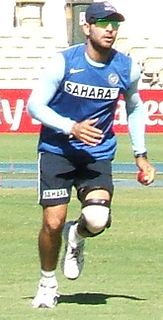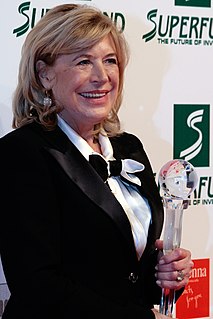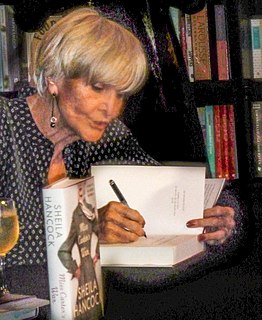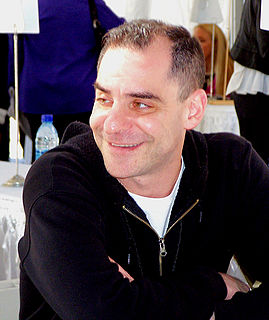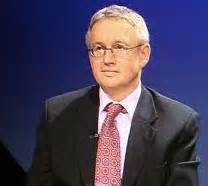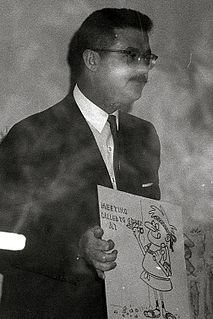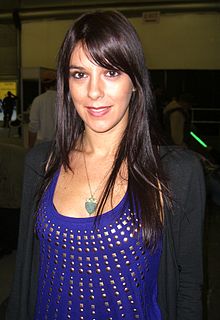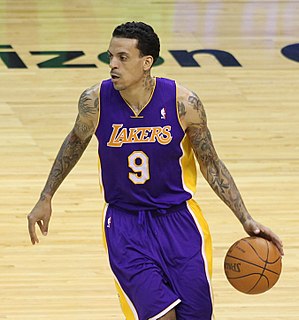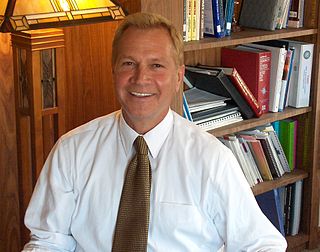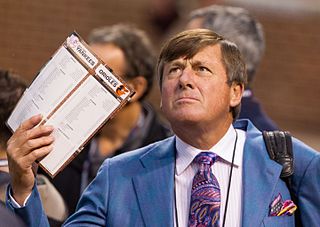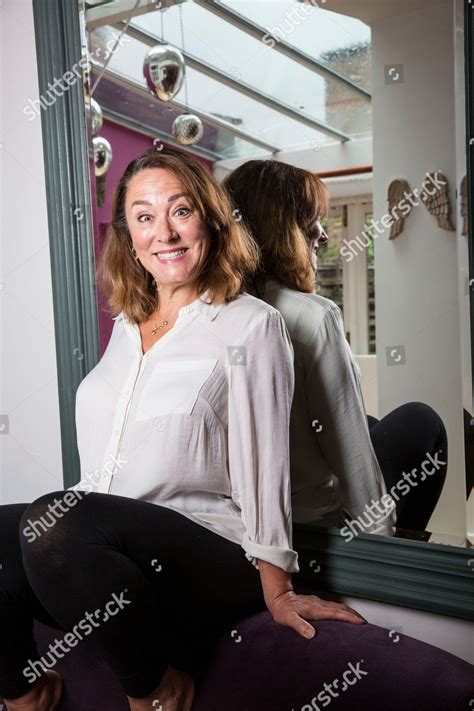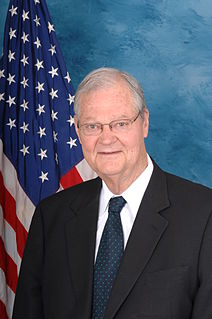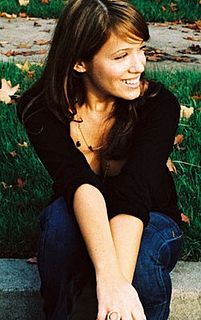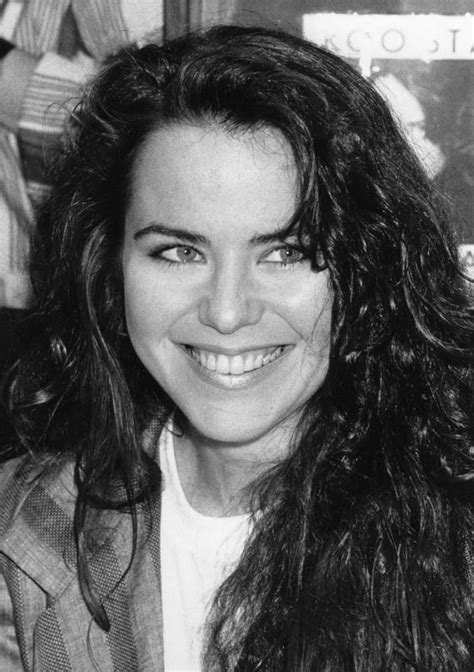Top 1200 Cancer Survival Quotes & Sayings
Explore popular Cancer Survival quotes.
Last updated on April 15, 2025.
The development of a strategic plan for cancer prevention in medical schools that is supported by all stakeholders - including the medical community, government, the insurance industry, cancer advocacy groups and all those dedicated to cancer prevention - will be the key to inspiring patients to live lifestyles that will decrease cancer risk.
After approximately two decades and several billion dollars....Among the various types of cancer that account for 78% of the incidence..the upward trend in survival rates has not exceeded a few %....a far gloomier picture than has been generally conveyed to a hopeful public by our leading cancer research institutions...A generally passive lay press has been the means of transmission.
Cancer cells come pre-programmed to execute a well-defined cascade of changes, seemingly designed to facilitate both their enhanced survival and their dissemination through the bloodstream. There is even an air of conspiracy in the way that tumours use chemical signals to create cancer-friendly niches in remote organs.
The law is the survival of the fittest.... The law is not the survival of the 'better' or the 'stronger,' if we give to those words any thing like their ordinary meanings. It is the survival of those which are constitutionally fittest to thrive under the conditions in which they are placed; and very often that which, humanly speaking, is inferiority, causes the survival.
The survival rate of Dr Burton's patients approximately doubled the maximum survival rate of conventionally treated patients. Had these findings pertained to a chemotherapy drug instead of IAT, massive amounts of funding would have been allocated to investigate the drug. Once again, the politics of cancer barred a potentially valuable treatment from reaching the public.
To be diagnosed with cancer was a frightening thing, and my first reaction was sheer panic, but I was really fortunate that the cancer was caught at such an early stage that I didn't need chemo or radiotherapy. But I know that cancer is a chronic condition, and once you've had it, you're on the list, because it can come back.
I joined forces with the American Cancer Society in 2010 as a spokesperson for the N.F.L.'s 'A Crucial Catch' campaign, which benefits the American Cancer Society. This was important to me because I lost my mother to breast cancer, and I have always felt a strong commitment to doing all I can to fight this disease.
Cancer is manageable. That if you deprive cancer of what it wants, by proper nutrition, avoiding toxins, avoiding chemicals and pharmaceuticals, sleeping well, eliminating stress, and balancing hormones with natural bioidentical hormones, you have a real shot at keeping your cancer at bay. In this way, you are managing your cancer.
Incredibly, nearly 70,000 Young Adults between 15-39 are diagnosed with cancer each year. 10,000 will not survive. This is a very important stat for me, because I fall in this category. I am one of these statistics. Unlike every other age group, there has been no improvement in the 5-year survival of young adults in 30 years. That means many young adults have the same chance of getting cancer and dying from it as they did in the 1970's. This is not OK.
You've got to get away from the idea cancer is a disease to be cured. It's not a disease really. The cancer cell is your own body, your own cells, just misbehaving and going a bit wrong, and you don't have to cure cancer. You don't have to get rid of all those cells. Most people have cancer cells swirling around inside them all the time and mostly they don't do any harm, so what we want to do is prevent the cancer from gaining control. We just want to keep it in check for long enough that people die of something else.
Cancer's life is a recapitulation of the body's life, its existence a pathological mirror of our own. Susan Sontag warned against overburdening an illness with metaphors. But this is not a metaphor. Down to their innate molecular core, cancer cells are hyperactive, survival-endowed, scrappy, fecund, inventive copies of ourselves.
The decrease in incidents of death from cancer is largely attributable to new medicines or therapeutics. Perhaps a third is attributable to changing our environment, and that includes of course smoking which I believe accounted for probably 20 percent of deaths from, certainly from lung cancer, more than that from lung cancer, but from cancer overall.
Cancer didn't have to be permanent; in my case, I'm lucky that my cancer is curable, but infertility was. And it was the first time I realized that cancer wasn't just something seasonal; it wasn't something that was going to pass with the summer. It was something that was going to change my life forever.


